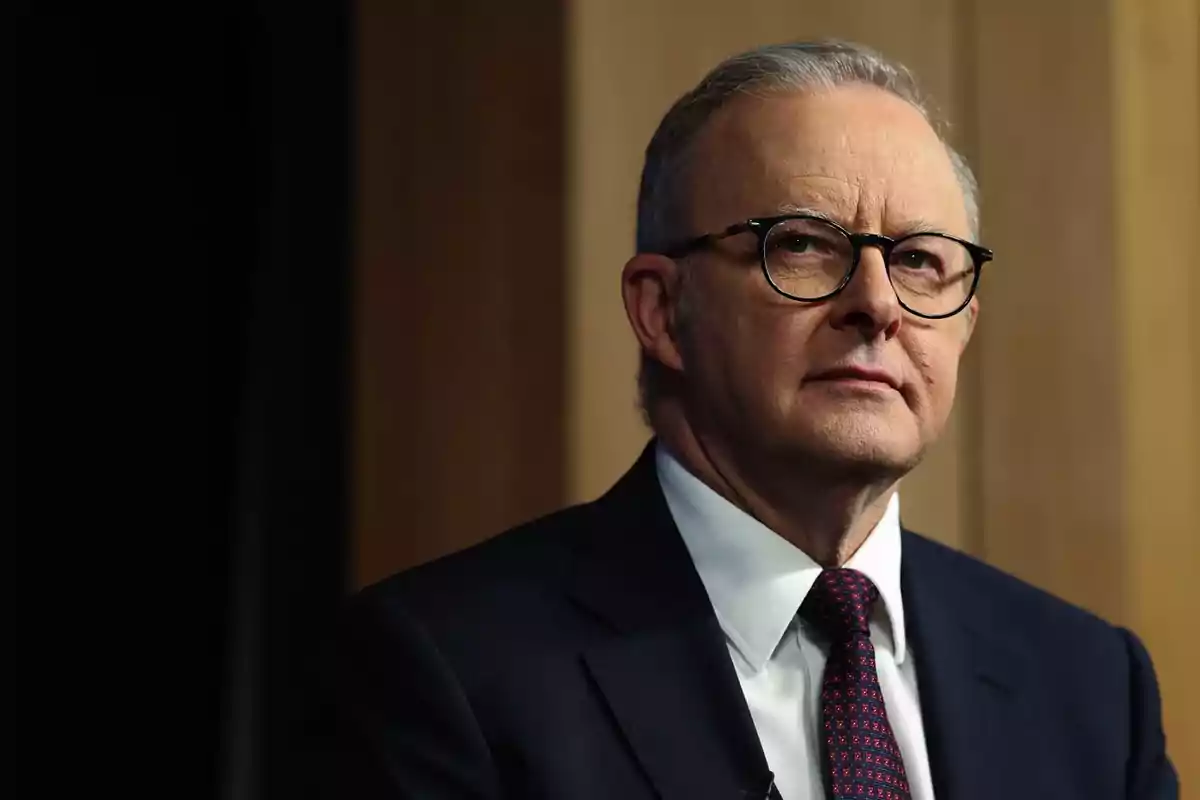
Albanese was re-elected in Australia in a campaign marked by clashes with Trump
The socialist Prime Minister of Australia was reelected, becoming the first to secure a second consecutive term in two decades
Anthony Albanese has been reelected as Prime Minister of Australia, becoming the country's first leader to secure a second consecutive term in 21 years.
The center-left Labor Party, led by Albanese, managed not only to retain its majority in the House of Representatives but also to increase it, something unusual for governments seeking reelection.
It is estimated that the leftist party will begin its second term with at least 87 of the 150 seats in the lower house, surpassing the 78 it previously governed with.
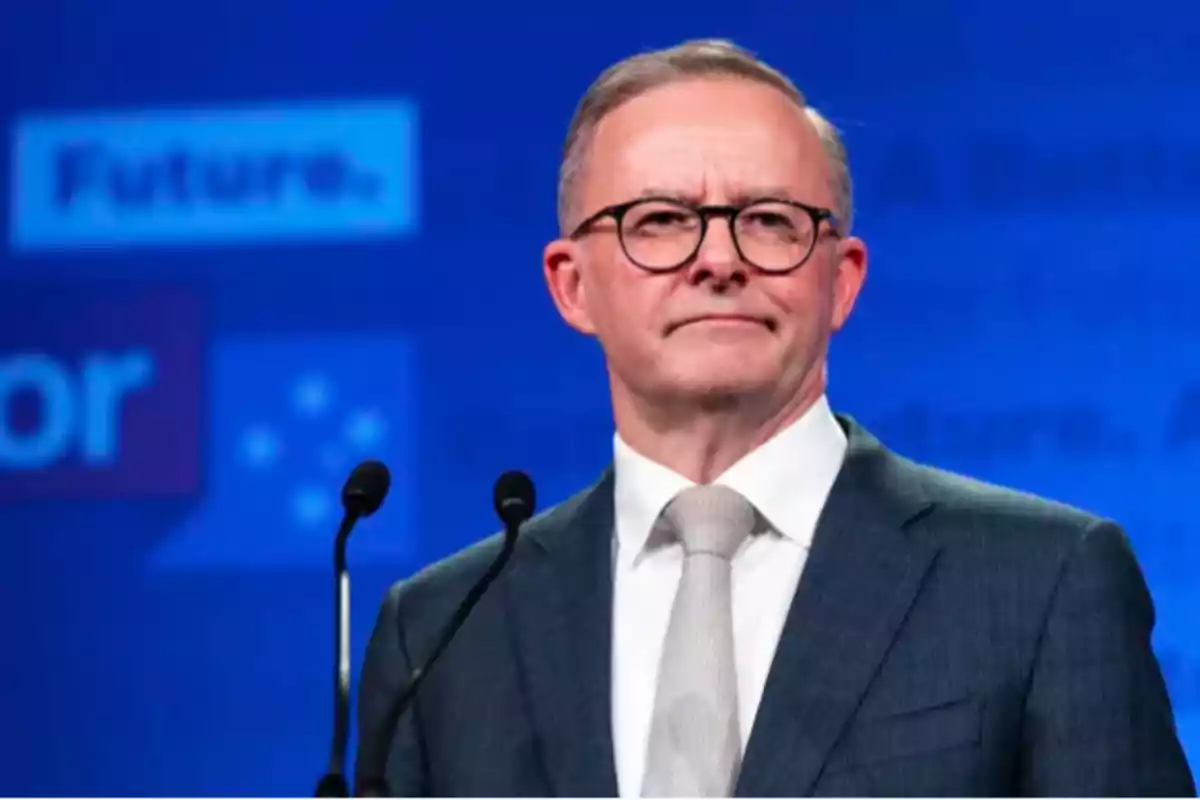
During his victory speech in Sydney, Albanese thanked Australians for trusting his leadership and defended a national vision based on their own values. "We don't need to copy or borrow from any other country. We find our inspiration in our own people and values," he said.
He also highlighted that Australians chose to face global challenges "the Australian way," promoting solidarity and building a common future.
The campaign was marked by critical issues such as inflation, the cost of living, and energy policy. Both parties agreed on the need to achieve emissions neutrality by 2050, but differed in the means.
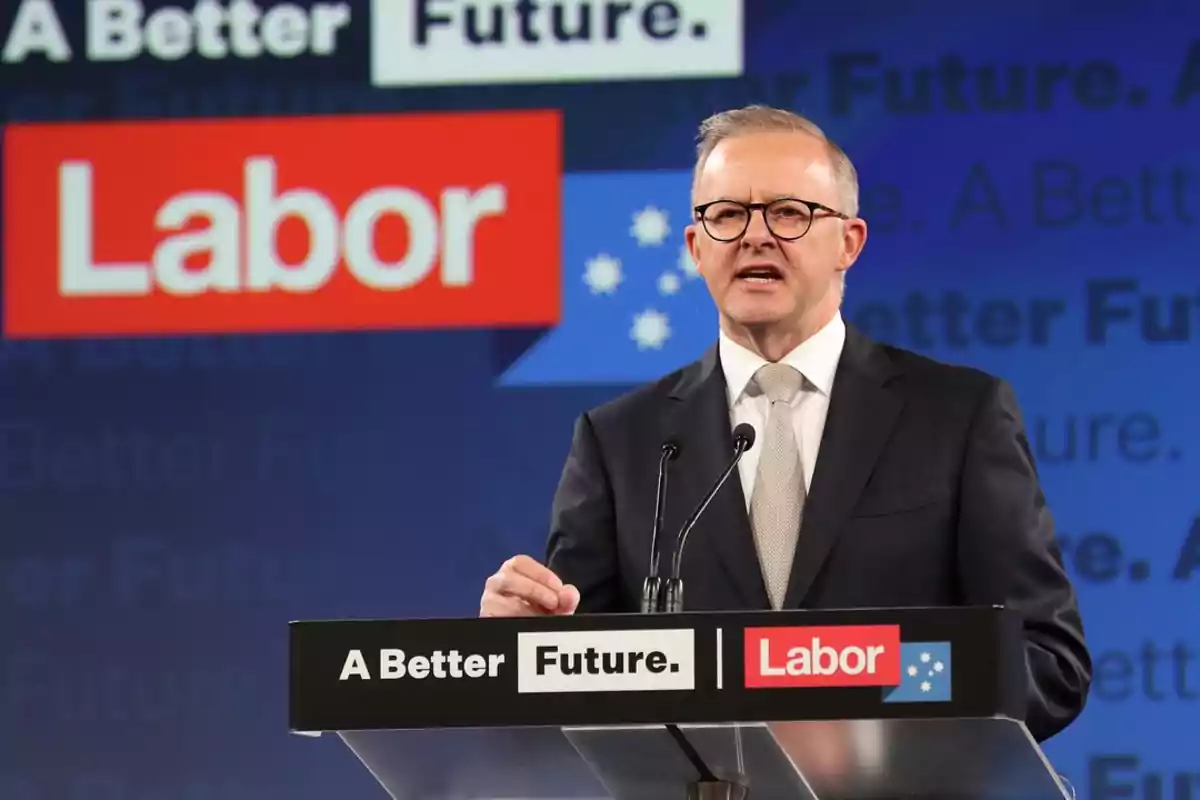
While the Labor Party bets on renewable energies like solar and wind, the opposition coalition led by Peter Dutton proposed building nuclear plants funded by the government.
Dutton and his Liberal Party suffered a historic defeat. Not only did they lose the election, but Dutton himself lost his parliamentary seat in Brisbane after 24 years of representation.
The Liberal campaign was deliberately sabotaged due to its similarity to the policies ofDonald Trump. The nickname "DOGE-y Dutton," alluding to cryptocurrencies and a lack of seriousness, was used by the Labor Party to discredit him.
The Liberal Party was accused of copying the confrontational style of the U.S. president, especially through proposals like eliminating more than 40,000 public jobs and using slogans like "Make Australia Great Again," popularized by opposition senator Jacinta Nampijinpa Price.

Parallels with international politics don't stop at the United States. Dutton's situation resembles that of Canadian Pierre Poilievre, a conservative leader who also lost his seat after being favored to become prime minister, partly due to the economic repercussions of Trump's policies on allied countries like Canada.
Regarding the economic context, inflation and the cost of living were key concerns for the electorate. Organizations like Foodbank Australia reported that 3.4 million households experienced food insecurity in the last year under the leftist's mandate.
However, the Central Bank recently reduced its benchmark interest rate to 4.1%, and another reduction is expected in May, indicating that the worst of the crisis may have passed.
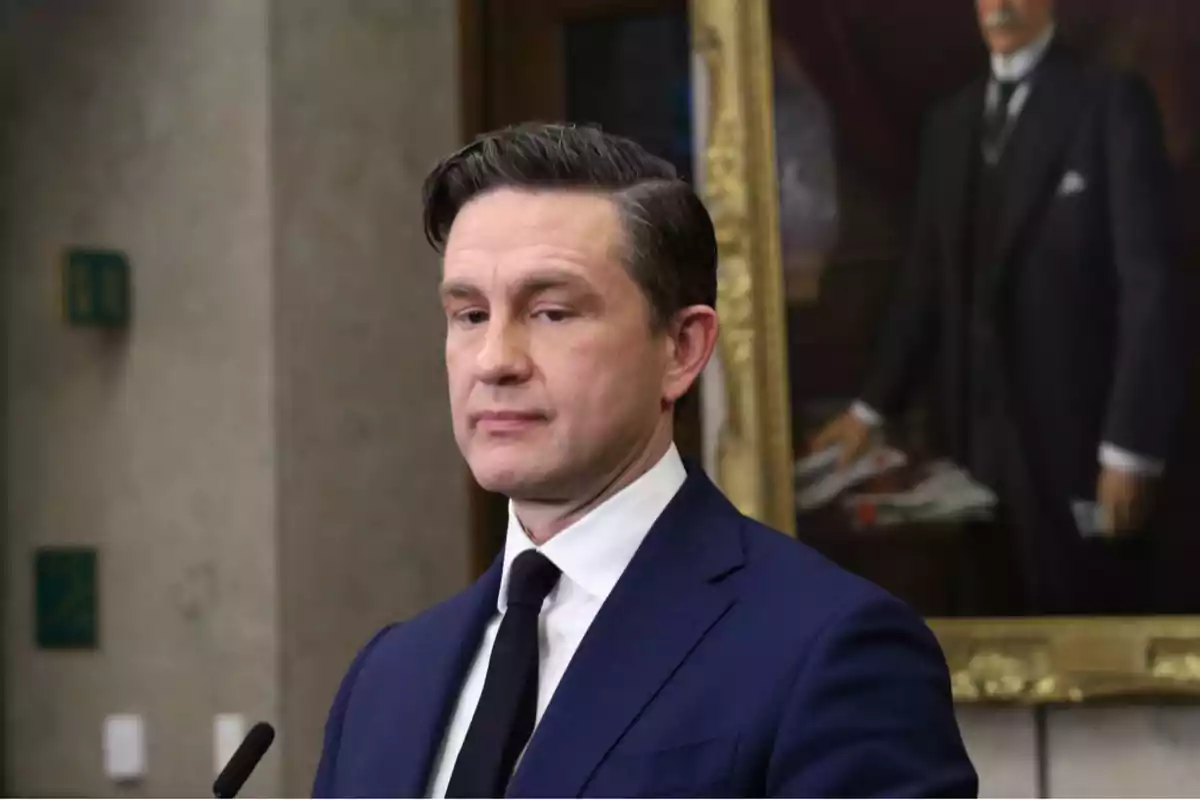
World leaders like the U.S. Secretary of State, Marco Rubio, and the British Prime Minister, Keir Starmer,congratulated Albanese on his victory. Rubio highlighted the strength of the alliance between both countries and the shared commitment to democracy and regional stability.
With this result, Australia reaffirms its commitment to a progressive and autonomous policy, while rejecting imitations of foreign models perceived as unstable or divisive.
Albanese's reelection reinforces his leadership and grants him a broader mandate to face the economic challenges caused by his own management and those climate challenges that will define the country's coming years.
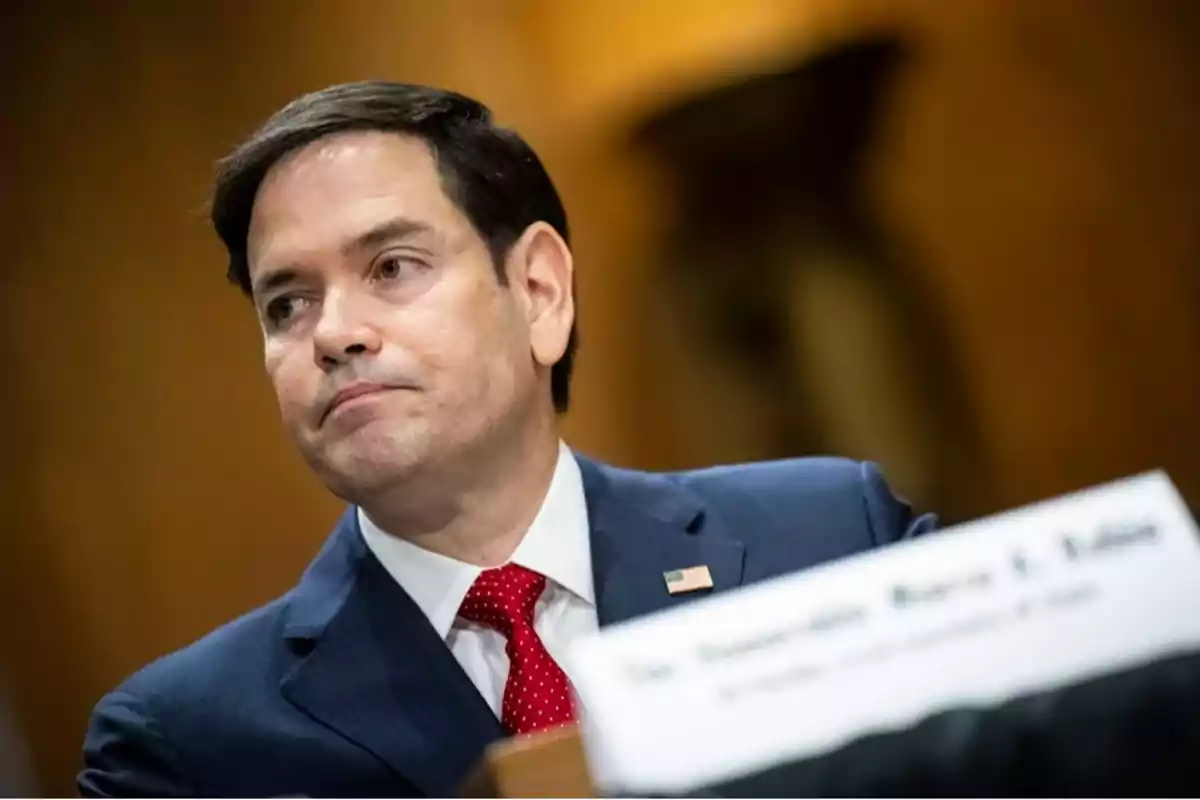
More posts: